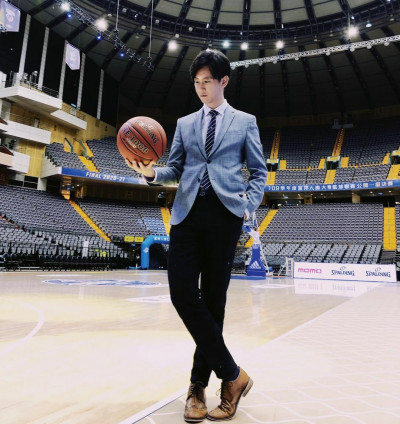《TAIPEI TIMES》 For sounder sleep, put down your smartphone

Members of a research team that worked on a National Health Research Institutes-led sleep study pose for photographers in an undated photograph. Photo provided by the National Health Research Institutes
DISRUPTED RHYTHMS: While pre-bed screen time accounts for about 14.3 percent of total daily screen time, it accounts for 44 percent of the impact on sleep
By Lee I-chia / Staff reporter
Staring at smartphones before going to bed affects sleeping patterns, delays circadian rhythms and reduces the total sleep time, a study by the National Health Research Institutes (NHRI) found.
On average, every hour of smartphone screen time throughout the day will delay bedtime by 4.9 minutes and reduce the total sleep time by 5.5 minutes, and that screen time right before bed affects sleeping patterns the most, Lin Yu-hsuan (林煜軒), a physician at the Institute of Population Health Sciences, who headed the research team, said yesterday.
The 2017 Nobel Prize in Physiology or Medicine was awarded for the discoveries of molecular mechanisms controlling circadian rhythms, which pointed out that irregular sleep patterns might increase the risk of psychiatric and physical illnesses, Lin said.
The team, which included researchers from the NHRI, National Taiwan University Hospital, Mackay Memorial Hospital, Chiao Tung University and Dan Jiang University, developed an app, called “Rhythm,” that continuously and automatically records the user’s daily smartphone usage and sleep patterns in an objective setting and over a long period.
The team used the app to record the phone usage and sleep patterns of 61 people ranging in age from 20 to 56 for 14 consecutive days.
Results of a questionnaire given to the participants showed an 84 percent correlation to the statistical analysis gained from data collected by the app, Lin said.
While the average screen time before bed accounts for only 14.3 percent of the total daily screen time, it accounts for 44 percent of the impact on sleep, Lin said.
Other research studies have found that light exposure significantly impacts circadian rhythms and circadian rhythm disorder can increase health risks, including mental illness, metabolic diseases, cardiovascular diseases and breast cancer, Lin said.
The team’s research showed that screen time before bed significantly affected circadian rhythm, he said.
Studies in other countries have also suggested people avoid staring at their smartphone, PC or tablet screens and fluorescent light sources after 9pm, or at least avoid smartphone use one hour before bed to prevent a negative impact on sleep quality, Lin said.
This is largely because exposure to light suppresses the secretion of melatonin, a hormone that influences circadian rhythms, Lin said.
The research was published last month in the Journal of Psychiatric Research.
新聞來源:TAIPEI TIMES
%http://www.taipeitimes.com/












